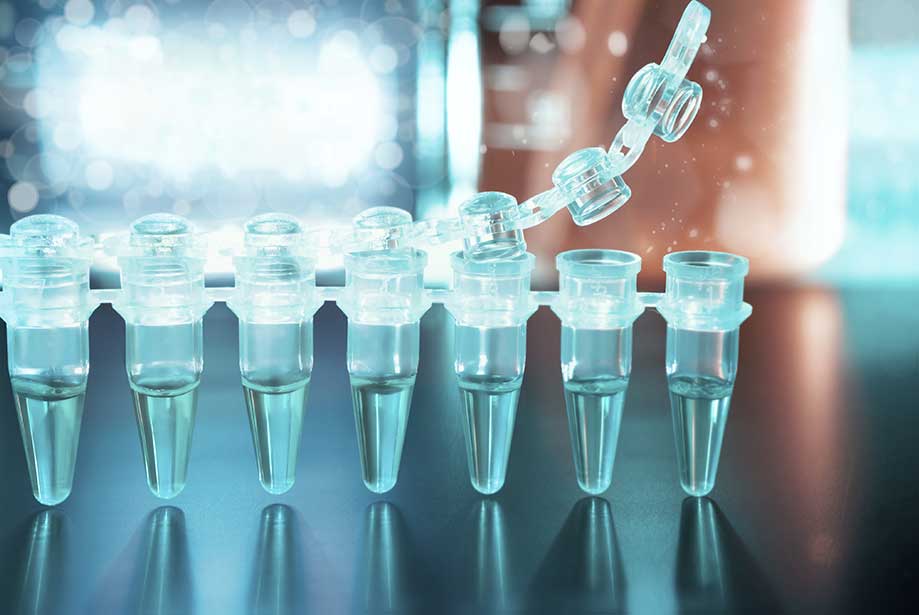Polymerase chain reaction (PCR), developed by Kary Mullis, is a revolutionary technology of the 21st century. Multiple types of PCR techniques are available, such as qPCR, RT-PCR, and ddPCR assay. These alternatives have several uses, such as ddPCR gene expression analysis, RT-PCR detection, and expression of multiple genes. Therefore, PCR has several applications ranging from early disease diagnosis to forensic sciences, quantitative genotyping, and evaluating genetic variations.
Today, bioanalytical laboratories offering solutions such as PK research and development provide numerous services such as qPCR assay development and ddPCR services. The current article focuses on qPCR CROs and their role in refining and accelerating biomarker research.
qPCR assays
qPCR is a robust technology used for quantifying biomarkers and expression profiles of multiple genes. Besides, coupling with real-time technology allows researchers to detect PCR products during the reaction. Hence, research studies have been using qPCR technology in various fields of medicine to study the underlying phenotypic expressions of genes and their interconnectedness with biochemical and biophysical processes.
Technology advancements in biosciences have helped us comprehend the interacting network of biomarkers carrying out cellular functions. The majority of genomic functions and interconnectedness between signaling substances and enzymes are still unknown. Therefore, we require a complete understanding of regulatory metabolism and data on transcription factors, DNA proteins, gene expression, and other molecules to fully comprehend the intricate network of information.
Today, gene expression profiles are increasingly being explored to understand disease phenotypes and the relation between ecological influences on cellular expression patterns. qPCR techniques utilizing specific primers are enhancing our understanding of biological interactions. Today, multiple PCR-based methods are used to detect and quantify mRNA in different organisms. The high specificity and sensitivity of RT-PCR have made it the primary tool for studying gene expression and its association with underlying molecular pathways.
qPCR assays have quantitative genotyping applications. They can detect single nucleotide polymorphism with a small number of samples with mutations. Additionally, the advent of multiplex PCR systems with probes and primers targeted to specific counterparts is gaining more attention than conventional PCR. Multiplex PCR systems are ideal for identifying multiple genes and analyzing the melting curves of amplified products.
Nucleic acid amplification methods have advanced clinical diagnostics. Technologies detecting amplifications in real time are increasingly becoming standard tools in medical sciences. In personalized medicine, qPCR systems can help patients choose the right drug by characterizing them into genetically definable classes. Adverse drug reactions are a huge concern for the pharmaceutical industry. Data suggest that alterations in clinical phenotype expressions are usually related to adverse drug reactions. RT-qPCR can help scientists monitor individual responses and therapeutic interventions.
The qPCR technique has wide applications in cancer research. Cancer is caused by the accumulation of SNPs and mutation in the cell cycle, growth signaling genes, and DNA repair. Despite advances in medical research, cancer still has a higher mortality rate worldwide. RT-qPCR is currently one of the most sensitive techniques to quantify DNA at a single molecule level.
In conclusion
qPCR CRO has a vital role in accelerating biomarker research and advancing medical and clinical sciences.







